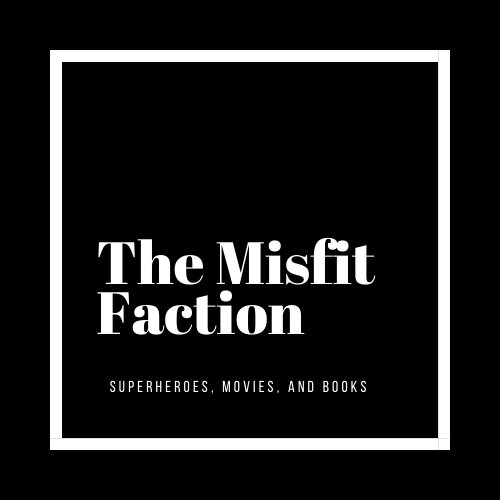The Evolution of Cinema: A Journey from Classic to Modern Filmmaking
By Paul Maglietta
In today's post, we explore the fascinating journey of cinema: from classic to modern filmmaking. This exploration goes beyond just comparing different eras; it's about understanding how films have evolved and how filmmakers have adapted their craft to suit changing times and trends.
## The Art of Storytelling in Classic Cinema
Classic cinema, as we know it, set significant milestones in the art of storytelling. This era birthed numerous timeless masterpieces that left indelible marks on the hearts of viewers. These films were more than just entertainment – they created a medium to tell beautiful and meaningful stories.
Mission driven films like 'Psycho,' the Alfred Hitchcock thriller, introduced storytelling elements previously unimaginable in cinema. Hitchcock established 'Psycho' as the cornerstone of the slasher genre, a stark contrast to Hitchcock's more glamourized prior works. ‘Psycho’ remains an astonishing film even today, influencing countless modern filmmakers with its edginess, creativity, and ingenuity.
Films like 'Star Wars' and 'The Godfather' demonstrated the exceptional skill of their creators. George Lucas' 'Star Wars,' for instance, transcended the time and generation it was born into, transforming into a cultural phenomenon that persists today. Then there is 'The Godfather,' a film lauded as a 'perfect' movie for its remarkable storytelling, direction, acting, art direction, and its resonating messages about family and loyalty.
## Transition into Modern Cinema
The transition from classic to modern cinema brought changes that influenced filmmaking on two crucial fronts: technological advancements and shifting audience preferences.
In the modern era, successful films like 'Titanic,' 'The Lion King,' and 'The Avengers' reveal significant evolutions in storytelling techniques and audience experiences. For example, 'Titanic' echoes giants in epic filmmaking and disaster films, taking audiences on an impactful visual journey. In contrast, 'The Lion King' used animation to create a timeless, rewatchable masterpiece loved just as much by children as adults.
'The Avengers,' however, showcased the power of successful franchising in modern filmmaking. What made 'The Avengers' iconic was not only its box-office success but also its interconnected, sprawling storyline that many studios have since attempted (and often failed) to replicate.
## The Impact of Franchising in Modern Cinema
Indeed, the modern era spurred the franchise craze. While this has led to box office successes, there's always the risk of hampering the quality of individual films in favor of building the overall franchise. The key to successful franchising lies in strategic planning and selecting the right people to helm the projects, as Marvel demonstrated with their intricate universe.
However, when not handled correctly, franchise attempts can flounder, as evidenced by the ill-fated 'Dark Universe' and DC's inconsistent cinematic universe.
## Lasting Impressions
To truly appreciate the evolution of cinema, viewers can find value in both classic and modern films. For classic recommendations, consider films like 'Duck Soup' by the Marx Brothers or 'The Wizard of Oz.' For modern cinema, consider 'Inception' or 'Barbie.'
Whether cinema is considered an art form, a mode of entertainment, or a cultural tool for storytelling, the evolution from the classic era to the modern age is a testament to the creativity and resilience of the industry. Becoming acquainted with films from different ages not only provides enjoyment but also paints a vivid picture of our ever-changing societal landscape. So settle into your favorite armchair, dim the lights, and embark on your cinematic journey through time.

